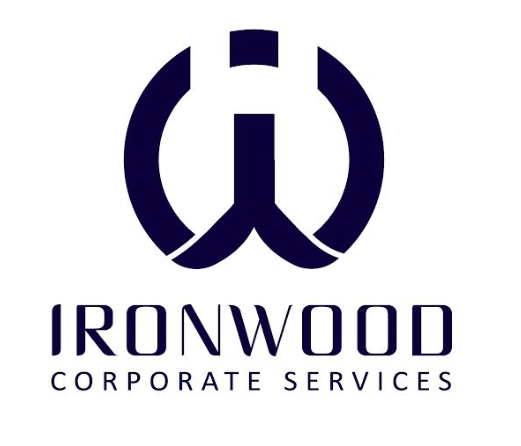1. Limited Liability Protection
- Incorporation separates the company’s liabilities from the personal assets of its shareholders or owners. This means creditors cannot pursue the personal assets of the business owners to satisfy company debts.
- Sole proprietorships and partnerships under a trade licence do not offer this protection, leaving the owners personally liable.
2. Global Recognition and Credibility
- Companies incorporated in the Cayman Islands enjoy global recognition, particularly in financial and investment markets.
- The Cayman Islands is a respected jurisdiction known for its robust legal framework, political stability, and tax neutrality, making it an ideal base for international business.
3. Ease of Capital Raising
- Incorporated companies can issue shares to raise capital, making it easier to attract investors or secure loans.
- By contrast, businesses operating under a trade licence are limited in their ability to attract significant investment.
4. Flexibility in Business Operations
- Incorporation allows for a structured and professional approach to business operations, with clearly defined roles for directors, officers, and shareholders.
- Exempted companies and LLCs, for example, offer flexibility in structuring internal governance and profit distribution.
5. Tax Neutrality
- The Cayman Islands is a tax-neutral jurisdiction, meaning there are no corporate, income, capital gains, or withholding taxes on companies incorporated there. This is particularly advantageous for businesses with an international focus.
- Operating under a trade licence does not provide the same level of tax efficiency, especially if the business expands internationally.
6. Perpetual Succession
- Incorporated companies have a perpetual lifespan, meaning the company continues to exist regardless of changes in ownership or management.
- Businesses under a trade licence are tied to the individual or partnership holding the licence and may cease to exist upon the owner’s death or departure.
7. Enhanced Privacy
- Exempted companies are not required to publicly disclose shareholder details, providing an additional layer of privacy.
- Sole proprietors and partnerships must often publicly register their names, offering less confidentiality.
8. Access to a Sophisticated Financial Ecosystem
- The Cayman Islands is a global financial hub with access to world-class banks, legal firms, and corporate service providers.
- Incorporation positions your business to leverage this ecosystem for growth and expansion.
9. Ability to Operate Internationally
- Many jurisdictions and multinational corporations prefer to engage with incorporated entities due to their structured nature and legal protections.
- A trade licence may limit the perception of professionalism and hinder international opportunities.
10. Potential for Strategic Growth
- Incorporation allows a company to scale operations, enter into complex contracts, and form joint ventures or subsidiaries.
- Trade-licensed businesses often face regulatory and structural limitations that inhibit growth.
Incorporation Process in the Cayman Islands
Incorporating a company in the Cayman Islands is straightforward and can be accomplished efficiently with the help of corporate service providers. The process typically involves:
- Choosing the Type of Company: Based on your business needs and goals.
- Registering with the Registrar of Companies: Submission of required documents such as the Memorandum and Articles of Association.
- Appointing Directors and Shareholders: These details must be included in the incorporation documents.
- Paying Registration Fees: Fees vary based on the type and size of the company.
- Obtaining Licences (if required): Ordinary resident companies must secure a trade and business licence for local operations.
Why Not Just a Trade Licence?
While operating under a trade licence might seem simpler and less costly initially, it lacks the long-term benefits and protections of incorporation. Here’s a quick comparison:
| Aspect | Trade Licence | Incorporated Company |
|---|---|---|
| Liability | Unlimited personal liability | Limited liability |
| Tax Efficiency | Limited | Highly advantageous |
| Global Recognition | Limited | Highly recognized and credible |
| Capital Raising | Difficult | Easier through shares or loans |
| Privacy | Low | High (especially for exempted companies) |
| Continuity | Ends with the owner | Perpetual succession |
| Scalability | Challenging | Highly scalable |
Conclusion
Incorporating a company in the Cayman Islands is a strategic choice that offers unparalleled benefits in liability protection, scalability, and global credibility. While a trade licence may suffice for small, local operations, incorporation provides a robust foundation for businesses aiming to grow, attract investors, and operate on an international scale.
Whether you’re launching a startup, expanding a business, or managing international operations, the Cayman Islands offers a world-class legal framework and business-friendly environment to support your ambitions. For expert guidance on incorporating your business, consult a qualified corporate service provider or legal professional to ensure a seamless and compliant process.



